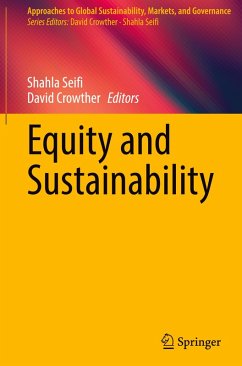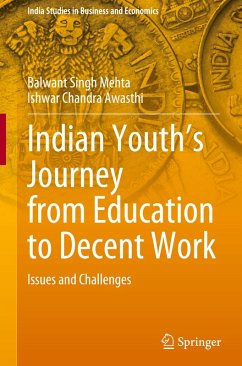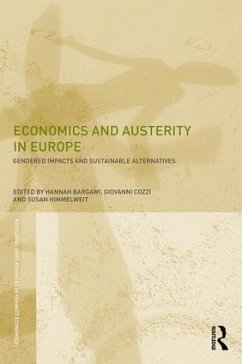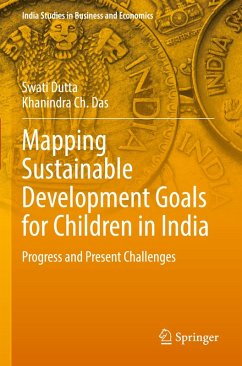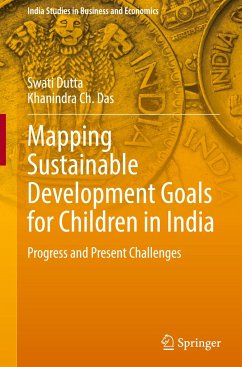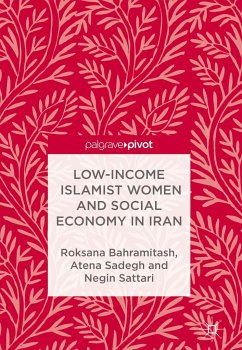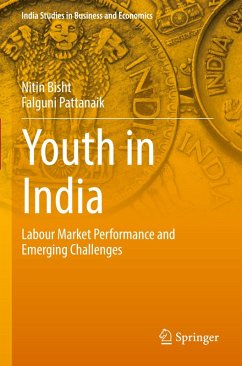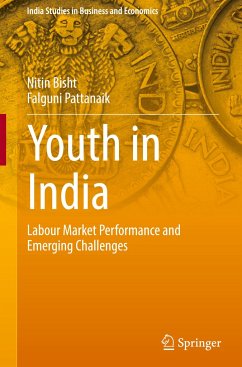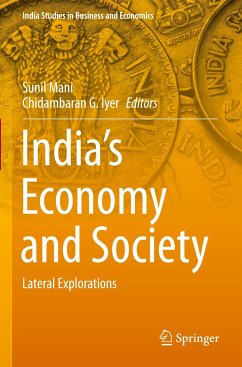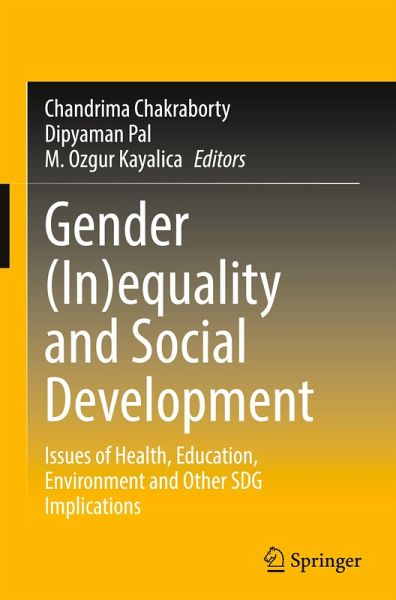
Gender (In)equality and Social Development
Issues of Health, Education, Environment and Other SDG Implications
Herausgegeben: Chakraborty, Chandrima; Pal, Dipyaman; Kayalica, M. Ozgur

PAYBACK Punkte
68 °P sammeln!
This book focuses on gender issues and its relation with social development, in shaping the current and future global scenario, considering three broad dimensions, namely health, education, and environment, and other SDG implications. It specifically highlights environmental awareness policy, women empowerment, marginalized women, poverty, government policy, women in labor force, childcare services in reducing gender inequality and beneficial to SDGs.The book provides a wealth of information for researchers, undergraduates and postgraduates, as well as policymakers and government officials. Fa...
This book focuses on gender issues and its relation with social development, in shaping the current and future global scenario, considering three broad dimensions, namely health, education, and environment, and other SDG implications. It specifically highlights environmental awareness policy, women empowerment, marginalized women, poverty, government policy, women in labor force, childcare services in reducing gender inequality and beneficial to SDGs.
The book provides a wealth of information for researchers, undergraduates and postgraduates, as well as policymakers and government officials. Faculty members of economics and other disciplines like business and management, environmental studies, sociology, education, health economics among others can teach their students using this book as reference. The book also provides a valuable source of information for policy makers related to ministries of women and child development, gender equality, child development and familywelfare, and so on.
The book provides a wealth of information for researchers, undergraduates and postgraduates, as well as policymakers and government officials. Faculty members of economics and other disciplines like business and management, environmental studies, sociology, education, health economics among others can teach their students using this book as reference. The book also provides a valuable source of information for policy makers related to ministries of women and child development, gender equality, child development and familywelfare, and so on.



